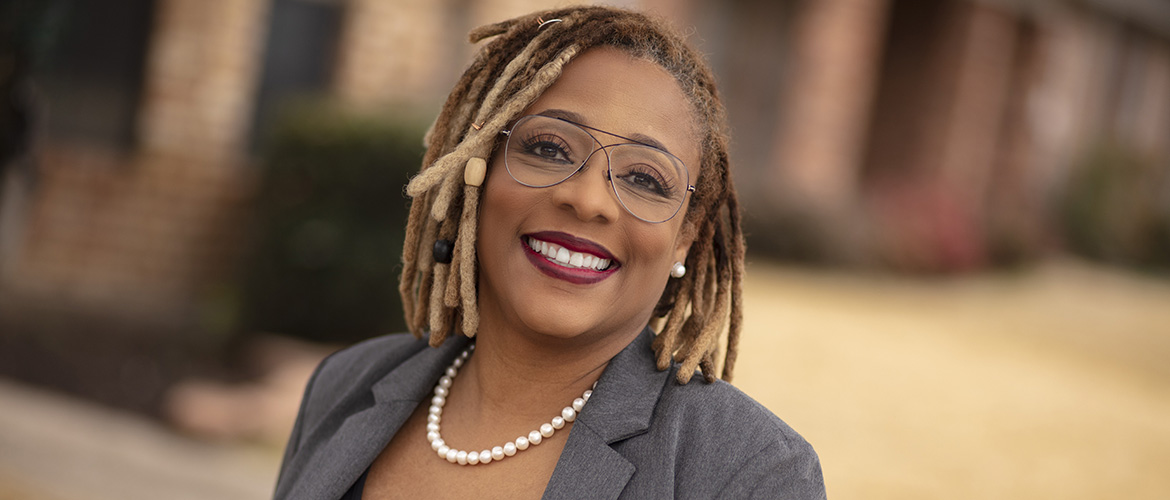Melanie Mitchell, a senior business partner in human resources with a PhD in leadership education and communication, knows firsthand how powerful learning and training can be.
“We can solve the world’s problems by educating people,” she says.
She brings that energy to work at Health Care Service Corporation (HCSC) through her main role and as the Texas state chair of the African Americans in Motion (AAIM) business resource group (BRG).
Mitchell became an AAIM member in 2013 when she joined HCSC. At first, she saw AAIM as a networking group and a place to showcase the talents of its members within the company.
It has since evolved into a valuable business resource, helping HCSC stand with its employees and health plan members by sharing insights into and educating senior leaders about cultural nuances within African American communities.
About 17% of HCSC employees identify as African American, and roughly 6.2 million Black people live in the five states where HCSC offers health care coverage. Black communities tend to face inequities and disparities that negatively affect their health, contributing to an overall lower life expectancy than white people.
“Cultural history trumps professional knowledge; and we have information to share,” Mitchell says. “We can suggest products and give our leaders a peek into communities of color.”
The AAIM community and its insights became even more valuable in 2020, as the death of George Floyd in Minneapolis sparked a nationwide movement for racial equity.
“We couldn’t just go back to work as if nothing had happened,” Mitchell says. “The emotional tax was just too great.”
As much as she and other AAIM members were always ready to help non-Black coworkers better understand their culture and concerns, many were exhausted from constantly being called on to represent their entire race, without the luxury of just being themselves, with their own fears and anger.
That’s when the true value of AAIM and its power to educate others became clear. AAIM held an event to let members gather virtually and talk if they needed to or just be silent as part of a community in mourning.
Mitchell and other AAIM members also offered resources to HCSC employees about what people of color were experiencing and what others could do ― or not do ― to help.
She says most people want to do what’s right and want to be educated to avoid making mistakes out of ignorance.
“That’s why I work with AAIM,” she says. “We can solve the world’s problems by educating people, and AAIM has that ability. We can help others do their jobs better, live their lives better, be better able to cope. Our reach doesn’t end with the company door.”

